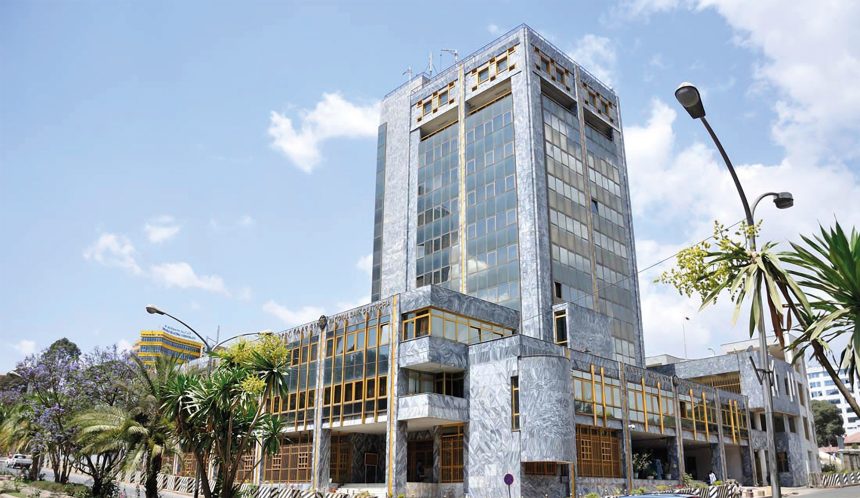The National Bank of Ethiopia (NBE) has announced plans to use the Digital Identification (ID), named Fayda, as the primary ID for use by all financial institutions in Ethiopia.
The move is among the “major steps the National Bank of Ethiopia (NBE) is taking “to modernize the financial sector consistent with its mandate.”
Details
Backed by the World Bank, the government is implementing a nationwide biometric digital ID system, aiming to register all eligible Ethiopians by the end of 2025.
The NBE plans to onboard all financial sector customers to the digital ID platform by 2024.
The central bank says the initiative will increase financial inclusion by removing barriers to entry.
What They’re Saying
“This process will follow several legal and technical safeguards, including cybersecurity and personal data protection principles, enshrined within the existing legal framework,” the NBE said. “As such, a Digital ID will be able to serve as a primary Bank ID and will have legal acceptance in all financial institutions.”
“The implementation of the Digital ID as a Bank ID in Ethiopia will significantly improve the transparency, stability, and security of the financial sector,” the NBE said, and it will also “complement national development plans geared towards establishing a digital economy.”
Diving Deeper
The ID platform, named ‘Fayda’, would offer a “reliable and real-time identity verification system,” the central bank said, and can serve as a basis for onboarding new customers and for introducing new digital products while mitigating associated financial risks.”
The digital biometric ID includes an individual’s name and gender, iris scan, and fingerprints, and also displays date of birth, gender, address, and photograph.
Source: Ethiopian Monitor
Catch up on news and other tidbits on our WhatsApp Community Page, Twitter/X, and subscribe to our weekly newsletter to ensure you don’t miss out on any news.
Support Tech Labari
Tech Labari currently relies on bootstrapping, ads, and sponsored content to publish news stories and articles to our thousands of readers in Africa and the world.
Financial contributions from our readers are a critical part of supporting our resource-intensive work and help us keep our site free for all.
Any contribution to Tech Labari would help to keep the site running










